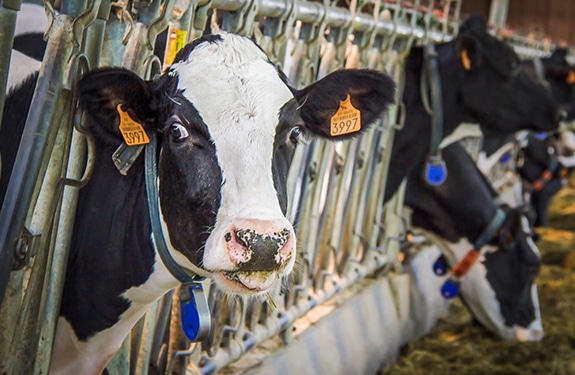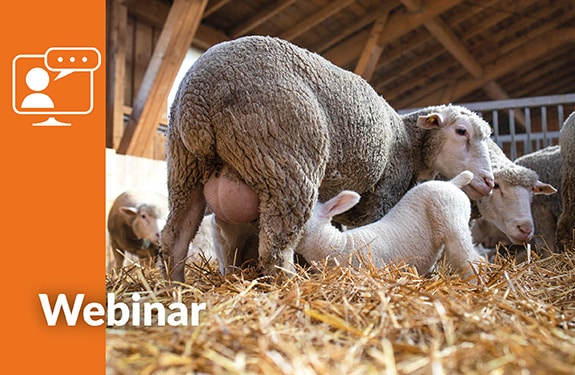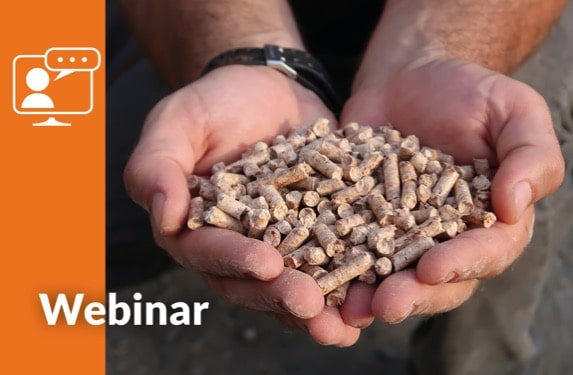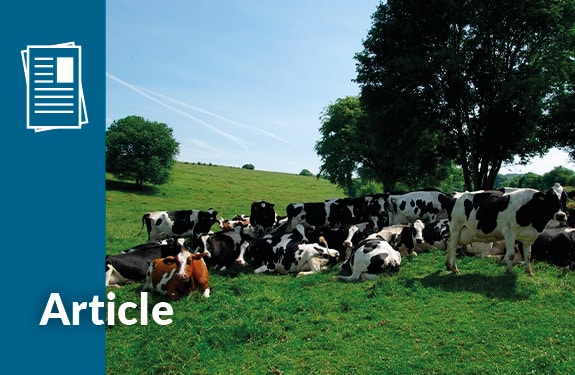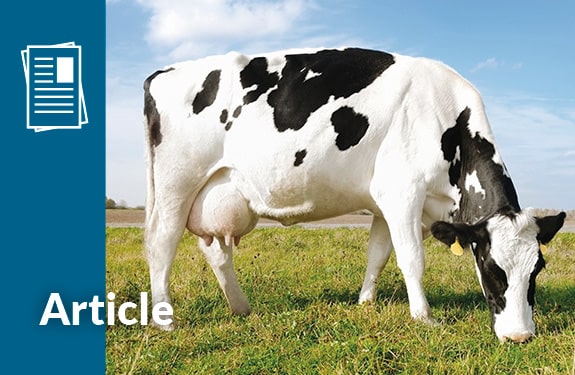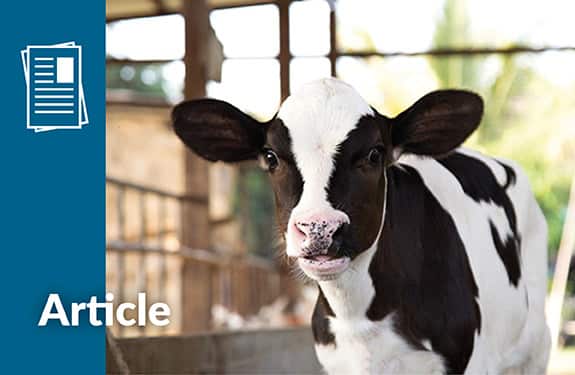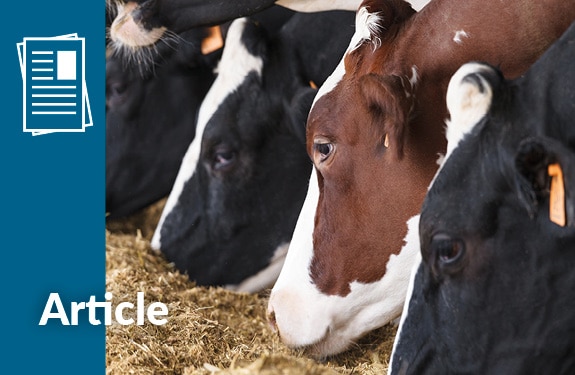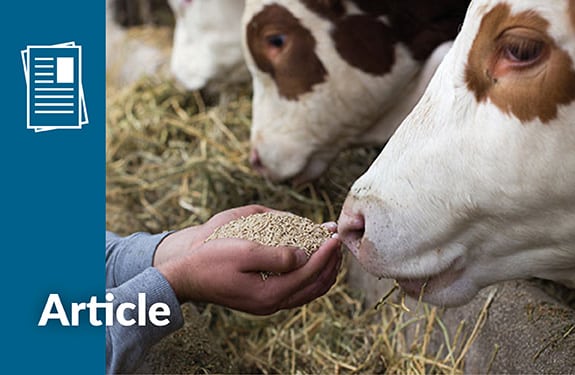Fill in the form to download your Cattle Sustainability Handbook !

Working together for sustainable dairy farming
The dairy sector – as well as the wider agriculture industry – is focused on reducing its contribution to climate change. The fact that January this year saw the 2015 Paris Agreement target of +1.5°C exceeded for the first time, means the need for action across the globe is greater than ever.
Dairy farmers will have to significantly increase output to meet the rising demand for nutritious food, due to global population growth, while also adhering to sustainable production practices. Innovative solutions and strategies will play a key role in addressing this challenge.
While most farmers recognise the need for change, they also know, from practical experience, that there is no silver bullet and that a holistic approach and incremental change will be needed.



Balancing Profitability, Animal Welfare, and Environmental Responsibility
Sustainable dairy farming addresses economic, social, and environmental concerns, while also focusing on improving efficiency, profitability, and animal welfare. Animal nutrition can be improved through the use of specialist feed additives, such as probiotics, which offer health benefits while reducing methane emissions and optimising feed efficiency. Refining feed and manure management, moving towards a circular bioeconomy, and integrating livestock and arable farming waste, are all important strategies for enhancing food production efficiency. These sustainable practices promote ecologically responsible farms that are resilient, responsive, and meet consumer demands, while working towards a better future for the planet.
Solutions for sustainable dairy farming
Phileo by Lesaffre’s yeast probiotic, Actisaf®, has been shown to reduce the carbon footprint of milk production by up to 5%. Using other specialist feed additives, such as the yeast postbiotic, Safmannan®, can also improve animal resilience to disease, reduce the need for antibiotics, and promote animal health and welfare. Similarly, Selsaf®, a selenium-enriched probiotic feed additive, helps to prevent oxidative stress in animals, particularly during heat stress conditions. These feed additives are essential tools that can help farmers achieve sustainable dairy farming practices. In addition to reducing the carbon footprint of milk production, using these specialist feed additives is beneficial for enhancing animal welfare, promoting animal health and resilience, and reducing the need for antibiotics and medicines.
These solutions provide benefits in relation to the 3Ps – people, profit, and planet.













